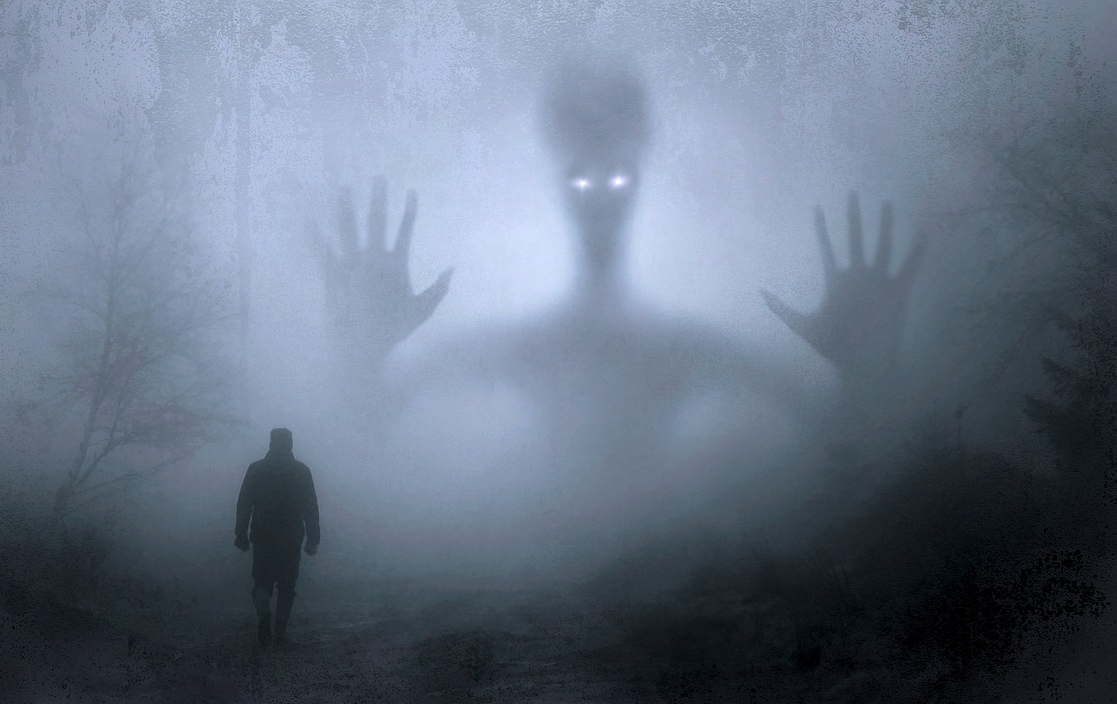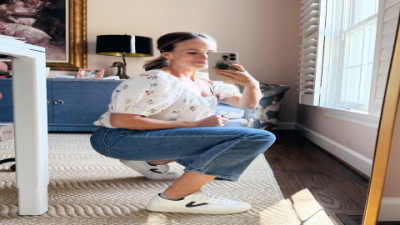Ghosts. Just the word alone can send chills down your spine or spark curiosity, right? For centuries, people have told stories about spirits, hauntings, and eerie encounters. But here’s the thing—beyond all the spooky tales and ghost stories, many of us quietly wonder: are ghosts actually bad for you? Like, can they really mess with your health or well-being? It’s a question that’s trickier than it sounds because it’s not just about whether ghosts exist, but about how the idea of ghosts affects us physically, mentally, and emotionally.
So, let’s unpack this together, and I’ll share some surprising truths that might just change how you think about ghosts forever.
What Does “Bad for You” Even Mean When Talking About Ghosts?
Before we jump in, we need to get clear on what “bad for you” means here. Are we talking about ghosts causing real physical harm? Or maybe messing with your mental health? Or could it be more about emotional or spiritual effects? Because, honestly, these are very different things.

Some folks might feel physically sick after a ghostly experience, while others might just feel scared or emotionally drained. The way ghosts—or the idea of them—affect people can vary a lot depending on who you ask.
Science vs. Ghosts: What’s Really Going On?
You might be surprised, but a lot of what people think are ghost sightings or hauntings can actually be explained by science and psychology. Our brains are pretty amazing, but sometimes they play tricks on us.
For example, when you’re alone in a dark room, your brain tries to make sense of shadows and sounds. It might “fill in the blanks” and create shapes or faces that aren’t really there. That’s why people often see “ghosts” in places with low light or strange noises.
Then there’s something called electromagnetic fields (EMFs). Some researchers have noticed that certain EMF levels can affect the brain in ways that cause anxiety or even hallucinations. So, if you’re in an old house with weird wiring, that might explain some creepy feelings.
And don’t forget sleep paralysis. This one is a classic. You wake up, but your body won’t move, and sometimes you see shadowy figures or feel like someone’s in the room. It’s terrifying, but it’s a natural sleep disorder, not a ghost attack.
Ghost Sickness: When Culture and Health Collide
Here’s something that might surprise you: in some Native American cultures, especially among the Navajo, there’s a real condition called “ghost sickness.” It’s not just a spooky name—people actually experience symptoms like weakness, dizziness, nightmares, and deep sadness, which they believe are caused by spirits.
This isn’t just superstition. The symptoms are very real to those who suffer from it. It’s a reminder that our beliefs—especially about ghosts—can have a powerful effect on our bodies and minds.
Here’s a quick rundown of ghost sickness symptoms:
-
Feeling weak and tired all the time
-
Having nightmares or disturbing dreams
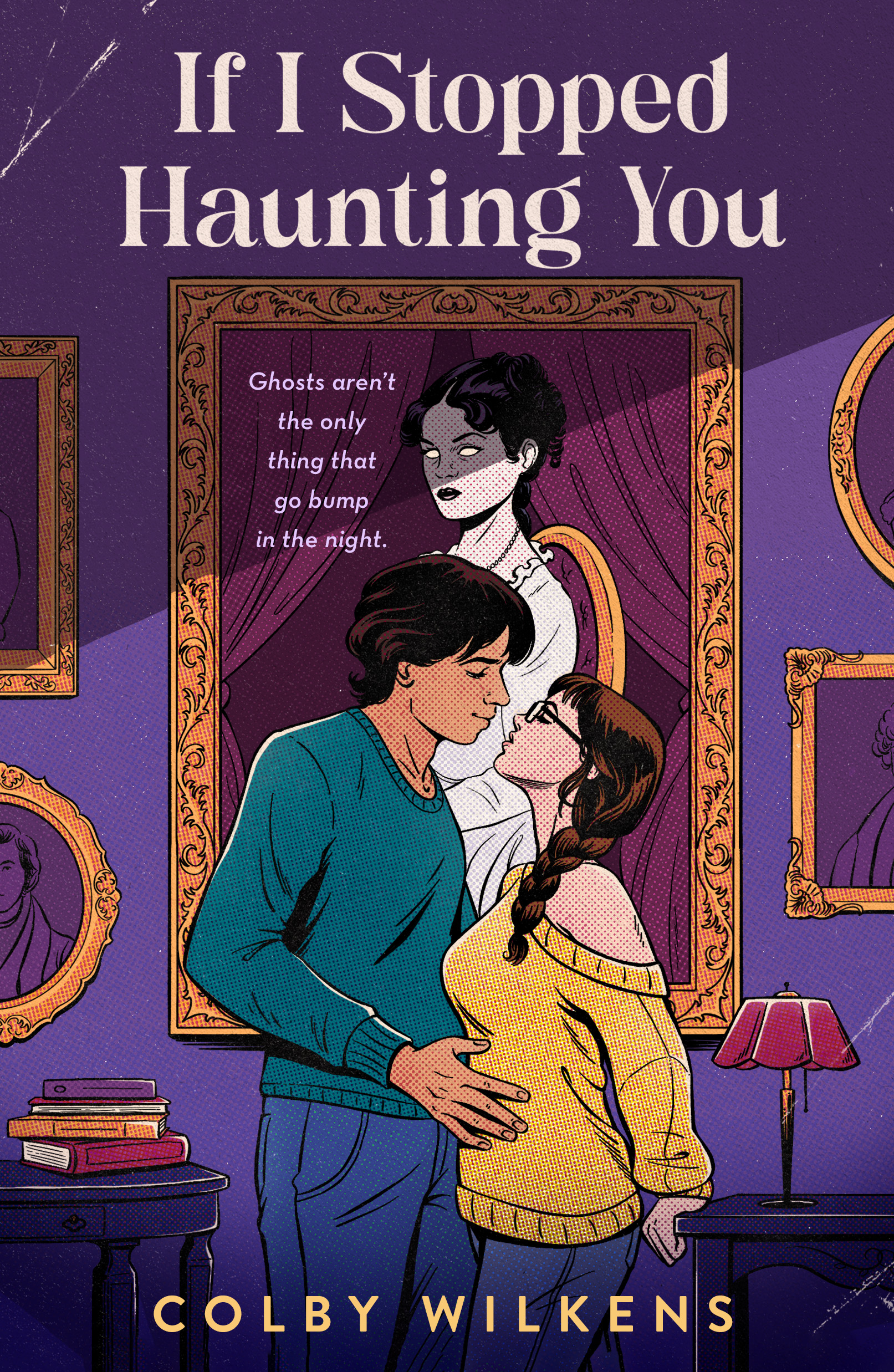
-
Experiencing anxiety or depression
-
Losing appetite or feeling dizzy
The tricky part is, when someone believes a ghost is causing their illness, that belief can actually make the symptoms worse. It’s like a cycle where fear feeds the problem.
How Believing in Ghosts Can Mess with Your Head
Belief in ghosts isn’t just about stories; it can affect your mental health, too. Studies have found that people who strongly believe in paranormal stuff sometimes have higher levels of anxiety and stress. It’s not that ghosts cause this directly, but the fear and worry around them can.
On the flip side, some people find comfort in believing in ghosts—especially if they’ve lost someone they love. Thinking that a spirit is watching over them or still nearby can be really soothing. So, it’s a double-edged sword.
Can Ghosts Actually Hurt You? Here’s What Happens
Even if ghosts aren’t real in the way movies show them, the idea of ghosts can still cause real problems:
-
Stress and anxiety from fear can lead to headaches, stomach issues, and trouble sleeping.
-
Nightmares and sleep paralysis can leave you exhausted and scared to go to bed.
-
Sometimes, people develop physical symptoms like dizziness or weakness just because they believe they’re haunted.
-
Emotional distress—like feeling sad, scared, or guilty—can make mental health worse.
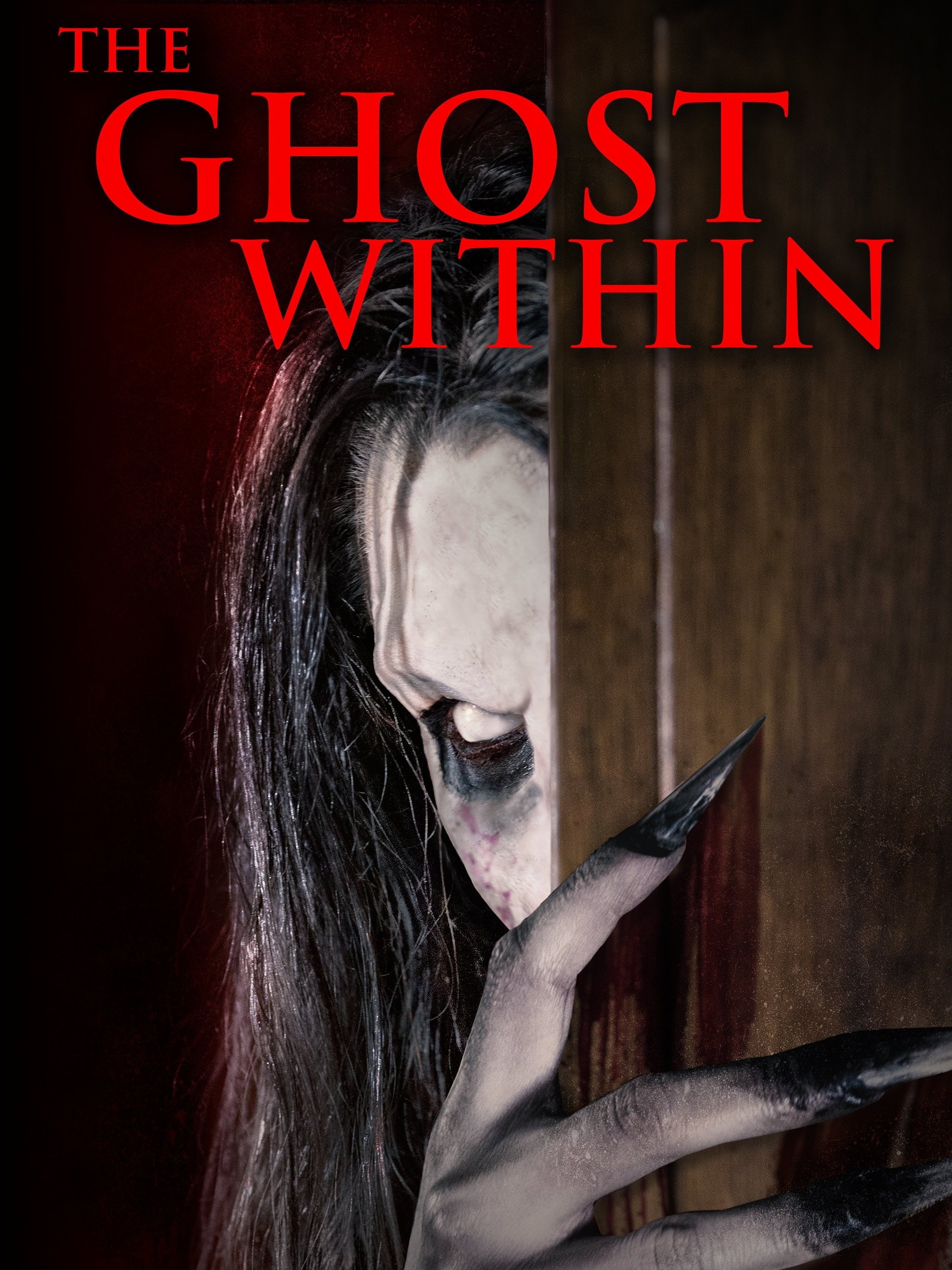
Different Kinds of Ghosts and What They’re “Supposed” to Do
Folklore talks about all kinds of ghosts, and each type is said to have different effects on people:
-
Vengeful ghosts: They’re angry spirits who might cause fear or even possession.
-
Residual ghosts: Like a recording of past events, they don’t interact but can be unsettling.
-
Poltergeists: Known for making noises or moving objects, causing anxiety.
-
Friendly ghosts: Spirits that supposedly protect or comfort people.
-
Possessing spirits: Ghosts that take control of a person’s body or mind, leading to strange behavior.
Of course, none of this is backed by science, but these stories shape how people feel about ghosts and can influence their experiences.
Why Culture Matters a Lot
How ghosts affect people often depends on culture. In some places, ghost stories and rituals help people deal with grief or fear. For example, Native American ceremonies for ghost sickness aim to restore spiritual balance and bring healing.
In China, traditional medicine sometimes treats ghost-related illnesses through acupuncture and herbal remedies. And in many cultures, honoring ancestors with rituals helps reduce fear and anxiety about spirits.
So, cultural beliefs and practices can play a huge role in whether ghosts are “bad” for someone or not.

What to Do If You Think Ghosts Are Affecting You
If you feel like ghosts are messing with your health, here are some steps you can take:
-
See a doctor to rule out any physical health issues.
-
Talk to a mental health professional if you’re feeling anxious or scared.
-
Work on improving your sleep habits to reduce nightmares and sleep paralysis.
-
Try cultural or spiritual practices that bring you comfort.
-
Avoid scary movies or stories that might make your fears worse.
Remember, you’re not alone, and help is available.
Frequently Asked Questions
Q: Can ghosts physically harm me?
A: There’s no scientific proof that ghosts can cause physical harm. But fear and stress related to ghosts can cause real physical symptoms like headaches or fatigue.
Q: What exactly is ghost sickness?
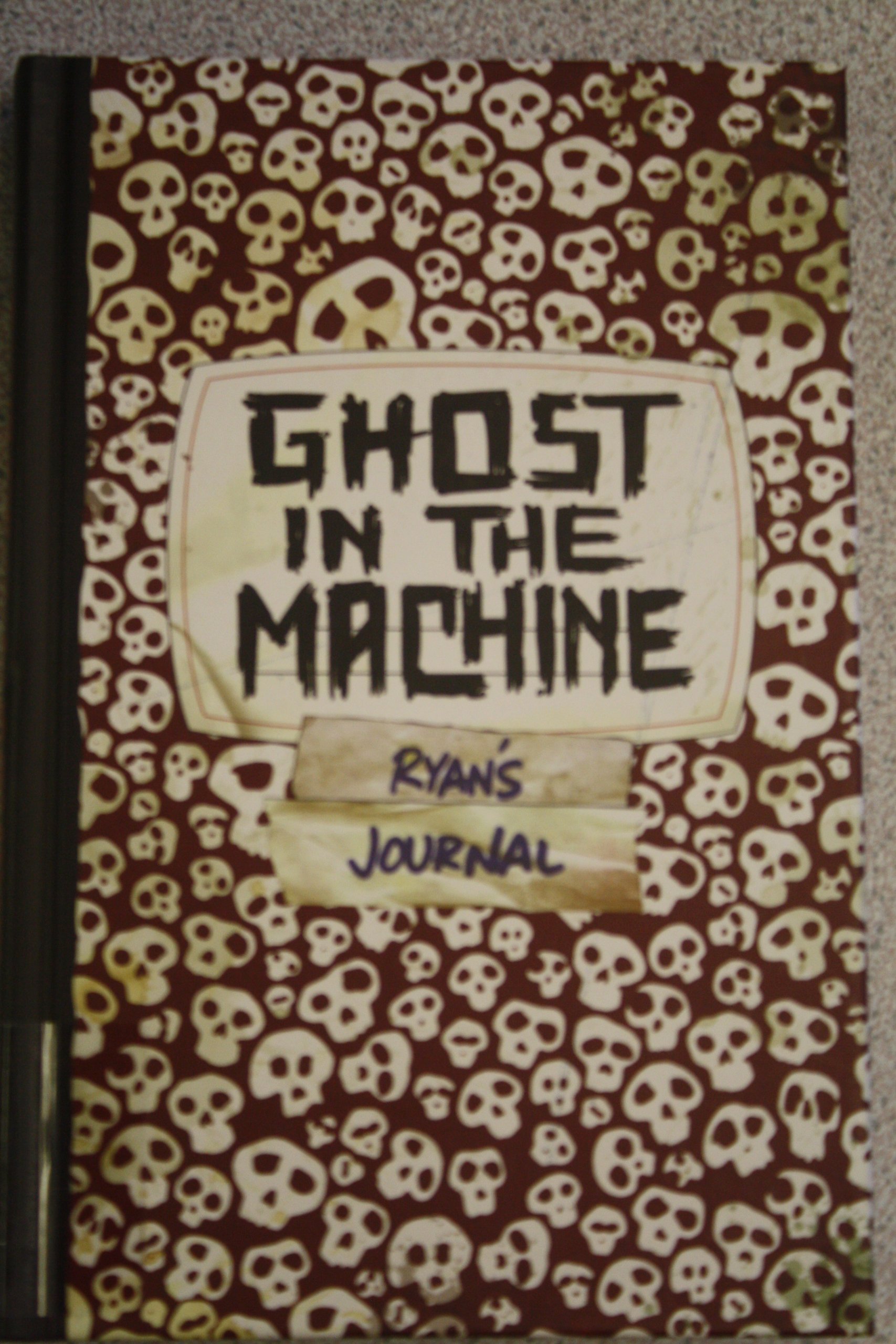
A: It’s a condition found mainly in Native American cultures where people experience symptoms like weakness and nightmares, believed to be caused by spirits.
Q: Are paranormal beliefs linked to mental health issues?
A: Sometimes, yes. Strong beliefs in ghosts can be associated with anxiety or stress, especially if combined with certain personality traits. But belief alone isn’t necessarily harmful.
Q: How can I stop being afraid of ghosts?
A: Learning about sleep paralysis and brain science, getting therapy, and avoiding scary content can help reduce fear.
Q: Can ghosts ever be a good thing?
A: For some people, yes. Believing in ghosts can provide comfort, especially when coping with loss.
Final Thoughts: So, Are Ghosts Bad for You?
Honestly, it’s complicated. Ghosts themselves—if they even exist—haven’t been proven to be harmful. But the way we think about ghosts, the fear they inspire, and the cultural meanings we attach to them can definitely affect our health in real ways.
Whether it’s stress, sleep problems, or cultural syndromes like ghost sickness, the impact is very much real for many people. The key is understanding these effects and finding ways to cope, whether through medical help, therapy, or spiritual practices.
At the end of the day, it’s less about the ghosts themselves and more about how our minds and cultures shape our experiences with them. And that’s a truth that’s both fascinating and a little spooky in its own right.
